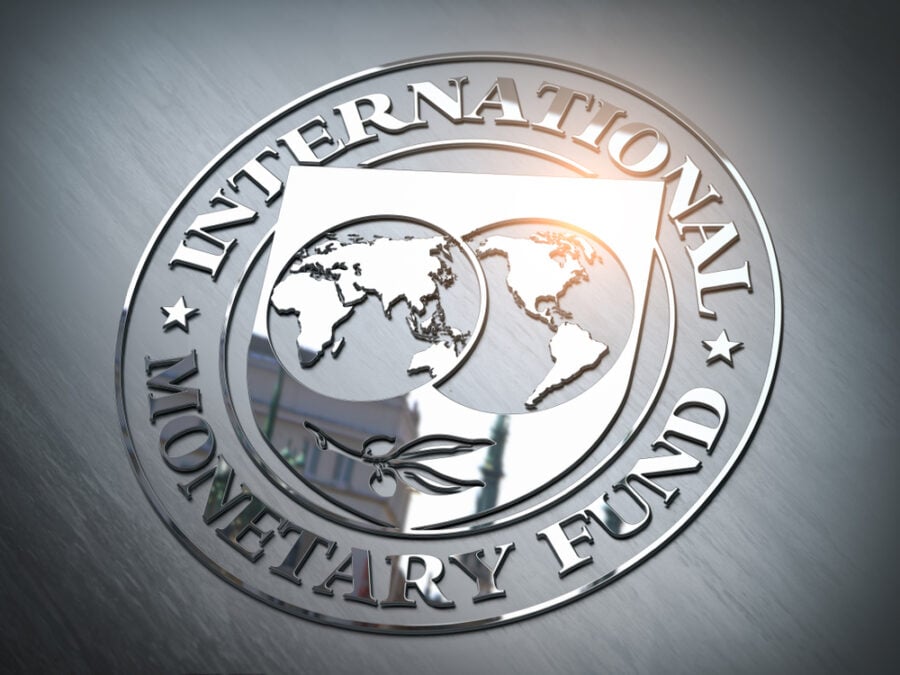Egypt has asked for the International Monetary Fund’s (IMF) support to implement a comprehensive economic program, the IMF said on Wednesday.
Continued exchange rate flexibility would be essential to absorb external shocks, it said in a statement. The IMF is working closely with Egyptian authorities to prepare for discussions with a view to supporting sustainable, job-rich, and inclusive growth, it added.
The new program could entail additional IMF funding, an Egyptian Cabinet spokesman said in a separate statement. Egypt is under new economic pressure following Russia’s
invasion of Ukraine, which prompted foreign investors to flee
emerging markets.
On Monday the government let the Egyptian pound depreciate by 14% after it had remained little changed since November 2020.
On Wednesday, the currency appreciated slightly to 18.32 pounds to the dollar. Russia and Ukraine were the main exporters of wheat to Egypt – typically the world’s top importer – and major sources of tourism.
“The rapidly changing global environment and spillovers related to the war in Ukraine are posing important challenges for countries around the world, including Egypt,” the IMF said.
“Continued exchange rate flexibility will be essential to absorb external shocks and safeguard financial buffers during this uncertain time. Prudent fiscal and monetary policies will also be needed to preserve macroeconomic stability.”
The government on Monday announced a 130 billion Egyptian pound ($7.05 billion) economic relief package, a move that analysts said seemed designed to win IMF support.
In the statement, the IMF praised “authorities’ recent actions to expand targeted social protection.”
Egypt has turned to the IMF three times in the last few years. It borrowed $12 billion under an Extended Fund Facility in November 2016, $2.8 billion under a Rapid Financing
Instrument in May 2020 and $5.2 billion under a Stand-by Arrangement in June 2020.
Egypt is eligible for a new version of any one of the three programs, according to a person familiar with its discussions with the IMF. But because Egypt has exceeded its normal
borrowing quota it would have to adhere to exceptional access criteria, making it subject to a greater level of scrutiny, the person said.








